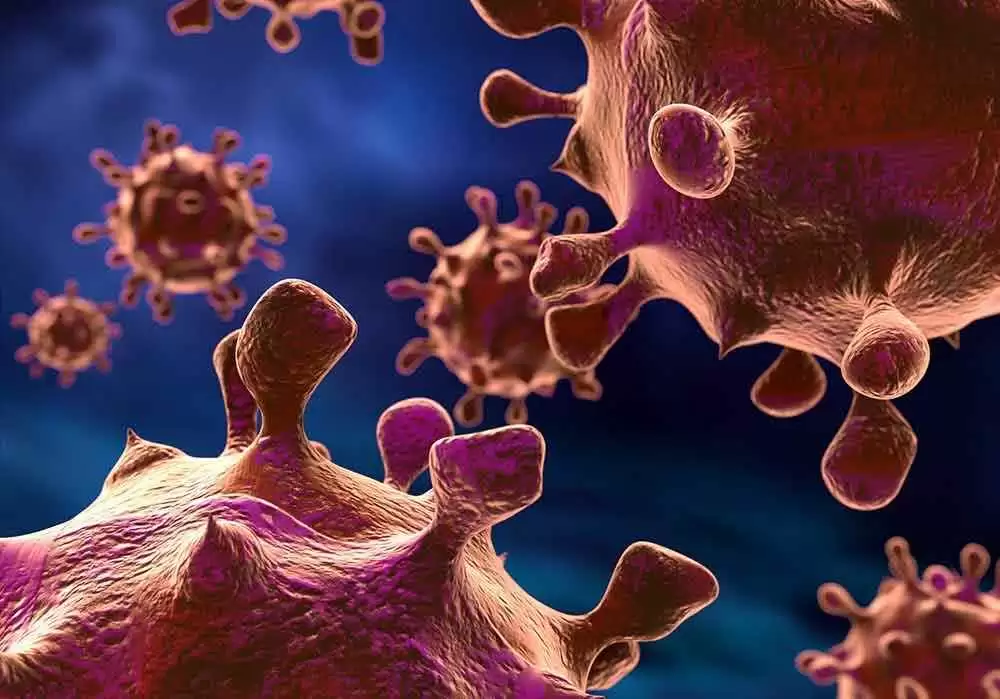
Celiac.com 08/26/2021 - We get a lot of questions about what types of foods, products, and brands are gluten-free. We also get a lot of questions about diet, not just the gluten-free diet. One questions we've seen a lot recently is about the Autoimmune Protocol Diet. Specifically, what is the Autoimmune Protocol Diet, and can it help people with celiac disease?
Exact formulations of the Autoimmune Protocol Diet can vary by source, but AIP diet usually eliminates:
- Dairy
- Food additives (e.g. nitrates, emulsifiers, preservatives) (1)
- Gluten
- Grains
- Nuts and seeds
- Legumes (beans, peanuts)
- Nightshade vegetables (tomatoes, peppers, potatoes, and eggplant)
- Oils (such as soy and canola oil)
- Added sugars and sweeteners
- Coffee and alcohol
The AIP diet generally includes:
- Chicken
- Coconut and coconut oil
- Fish
- Fruits
- Meat
- Vegetables (except nightshades)
Autoimmune Conditions
Autoimmune conditions happen when the body’s immune system has trouble distinguishing between threats and healthy cells, and begins to attack a person’s own cells and organs. This can cause permanent damage and long term health problems.
Celiac.com Sponsor (A12):
One of the most common autoimmune diseases is Type 1 diabetes. In Type 1 diabetics, the body attacks the pancreas, permanently damaging its ability to produce insulin.
There are numerous other autoimmune conditions, including: Celiac disease; Crohn’s disease; Hashimoto’s thyroiditis; Lupus; Multiple sclerosis; Rheumatoid arthritis; Sjögren’s syndrome; Transverse myelitis; and Ulcerative colitis.
There is some research data to support the benefits of the AIP diet for patients with Inflammatory Bowel Disease, such as Crohn’s & Ulcerative Colitis; Hashimoto's and Autoimmune Hypothyroidism; and Multiple Sclerosis (MS).
Inflammatory Bowel Disease
A 2017 study using the AIP diet for patients with Crohn’s disease or ulcerative colitis showed that 73% were in remission and stayed in remission for the duration of the diet.
Hashimoto's - Autoimmune Hypothyroidism
A 2019 study assessed the effect of 10 weeks of the AIP diet on patients with Hashimoto’s thyroid disease. They results showed a significant improvement in the quality of life, disease burden, and inflammation markers in the blood.
Celiac Disease
There is currently no solid data to show that the AIP diet produces any beneficial results for people with celiac disease. But there's also no evidence that it hurts. It's unlikely to cause issues for celiacs if used in conjunction with a gluten-free diet. Still, before making any major dietary changes, please check with your doctor or nutritionist.
Related studies on the AIP diet:
- Efficacy Of The Autoimmune Protocol Diet For Inflammatory Bowel Disease
- Efficacy Of The Autoimmune Diet For Hashimoto’s Thyroid Disease
- The Autoimmune Protocol Diet And Effect On Quality Of Life In Inflammatory Bowel Disease
- The Autoimmune Protocol Diet And It’s Effect On Gene Expression In Inflammatory Bowel Disease












Recommended Comments
Create an account or sign in to comment
You need to be a member in order to leave a comment
Create an account
Sign up for a new account in our community. It's easy!
Register a new accountSign in
Already have an account? Sign in here.
Sign In Now